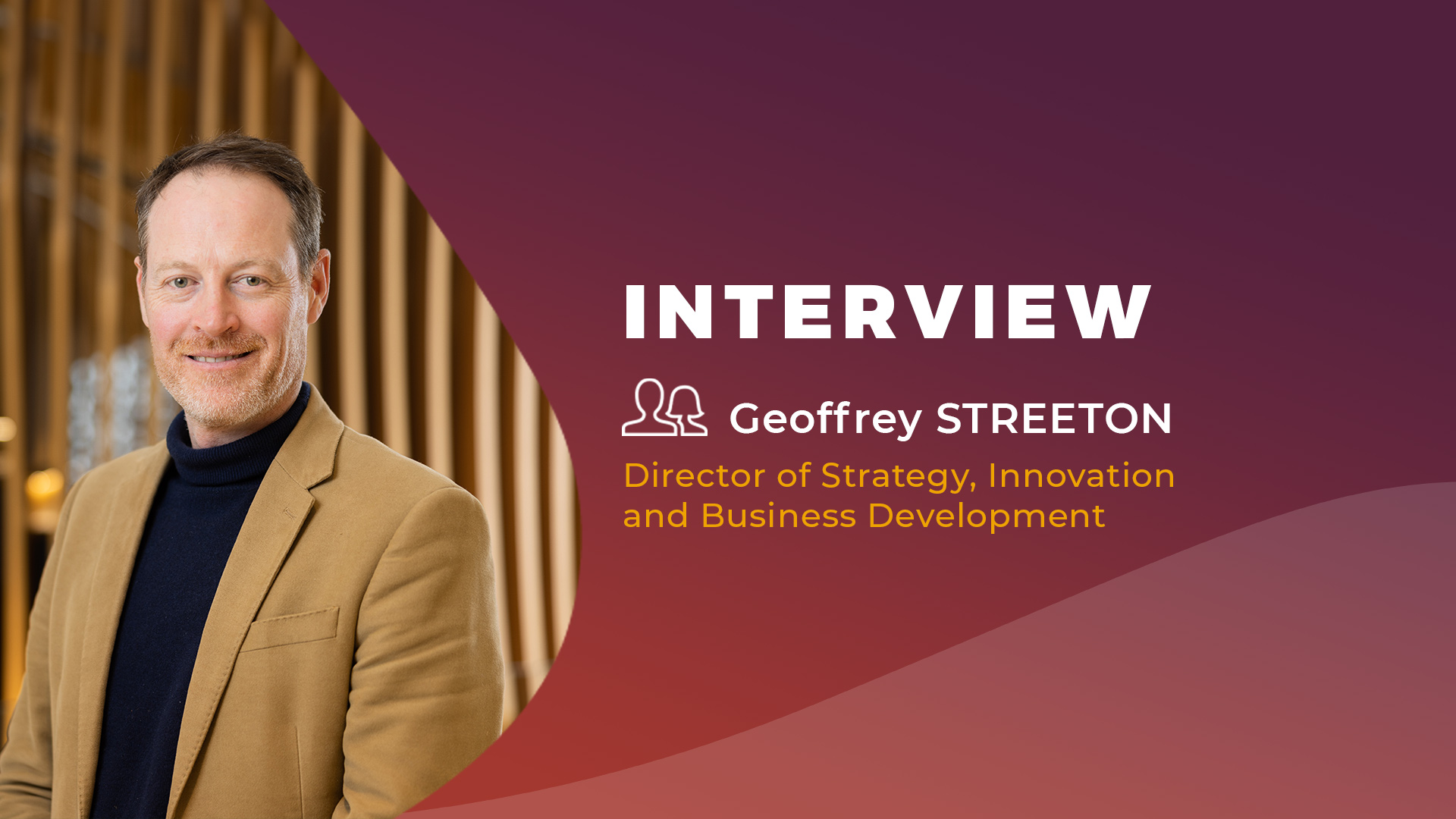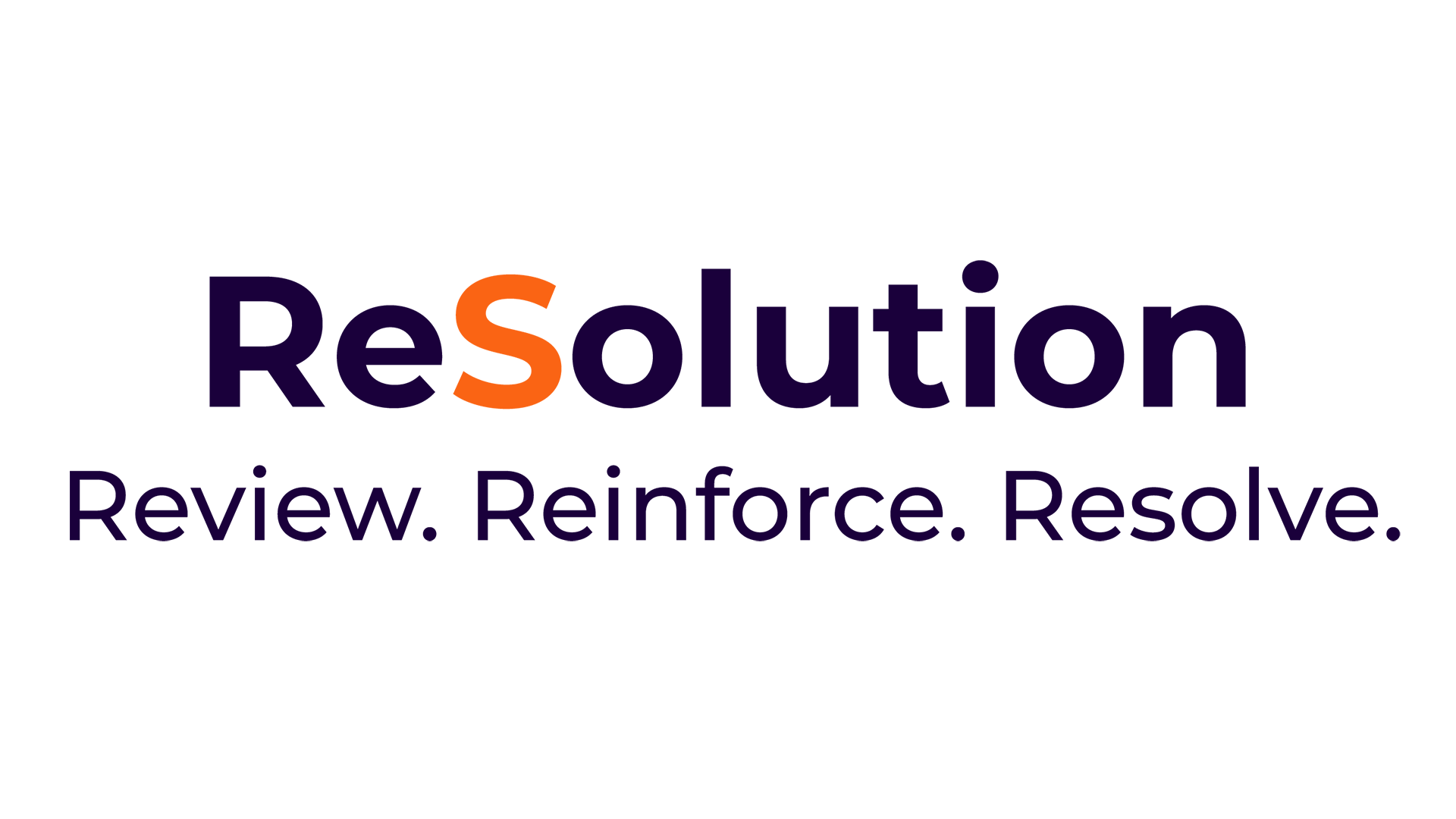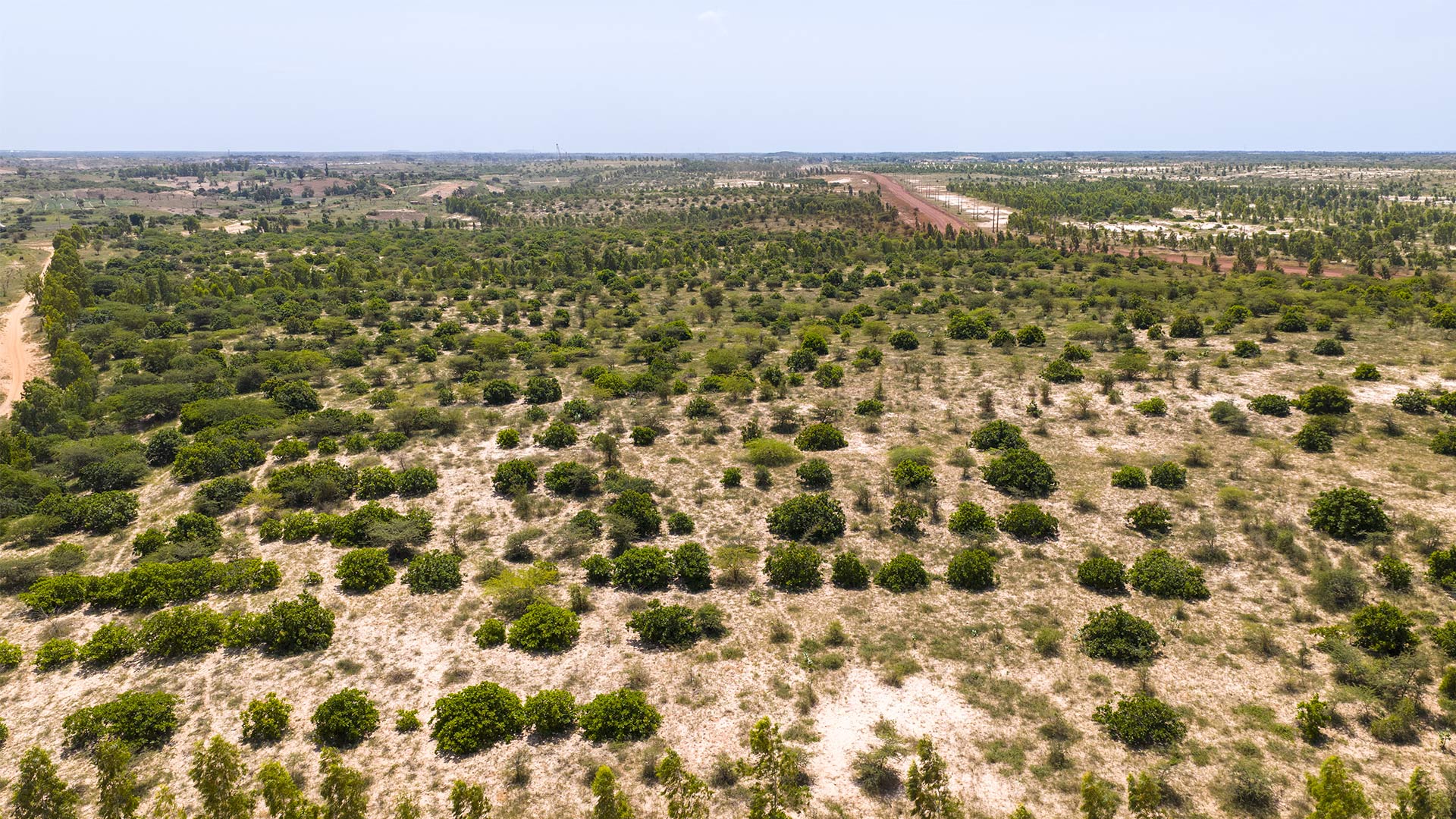Why did you decide to buy Tsingshan’s stake in Eramine at a time when the Group is suffering from falling volumes and reporting results that are below expectations?
Geoff Streeton: We are convinced that this investment has strong value-creating potential for the Group, and that now is the right time for this transaction.
Over the past few years, Eramet has undergone in-depth transformation, strengthening its asset portfolio and financial structure. The partnership between Eramet and Tsingshan, which was decisive in financing and building this 1st extraction plant, is no longer necessary today. The current fall in lithium prices means that we can now seize this investment opportunity on attractive terms.
What does this investment actually involve?
GS: Concretely, we are buying out the 49.9% minority stake held by our Chinese partner Tsingshan for a net amount of $699 million. This investment is entirely financed by our available cash. And it is effective as of today. But we are buying back much more than Tsingshan’s 49.9% stake.
Could you be more specific?
GS: Firstly, we are taking over full ownership of an exceptional mining asset, the Centenario and Arizaro salars – a deposit we know well, since we owned 100% of it until 2021, when Tsingshan acquired a stake in Eramine. The resources of these salars are estimated at over 15 million tons of lithium carbonate equivalent. Although lithium prices are currently at rock bottom, the need for lithium will continue to grow, with demand set to almost double every five years over the next twenty years.
We are also investing in a first-rate industrial asset: our Centenario plant, which is already built, will start production in a few weeks’ time and will be positioned in the 1st quartile of the cost curve. This plant uses our direct extraction technology, one of the most efficient in the world, with much higher yields and much lower consumption of water resources, in compliance with the highest CSR standards.
Finally, we are investing in a project that will give us additional room for maneuver in the development of our lithium business, a key axis of our development in the energy transition. In terms of volume, since we will now have 100% of the production. In terms of positioning, as we will be the only European producer of lithium carbonate. In terms of industrial strategy, since full ownership will enable us to consider all options for developing the full potential of these exceptional salars. That is why, over the coming months, we will take the time to evaluate the most optimal business model for implementing the phase 2 of the project.
What impact does this decision have on our partnership with Tsingshan in Indonesia?
GS: This acquisition was carried out in perfect cooperation with Tsingshan, with whom we maintain excellent relations. Our two groups attach great importance to this partnership, and we will continue to develop the potential of the Weda Bay mine.
The Group has decided to suspend ReLieVe, its electric vehicle battery recycling project. Why this decision?
GS: We remain convinced of the need to develop a circular economy for critical metals on European soil, and end-of-life battery recycling will be a key element in this future value chain.
But we have to face the reality of the market: the electric vehicle battery value chain in Europe is having a difficult start. Today, given the very slow ramp-up of battery factories, we are not in a position to secure supplies of raw materials to feed our factory project. And downstream, there are no customers for recycled metal salts, as no European cathode precursor projects have been confirmed.
The solid and sustainable economic conditions for such a project are therefore not met, and we have decided to take the necessary step of suspending the project until further notice. We will, however, continue to study the market fundamentals required to make such a project competitive.





